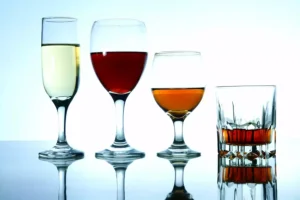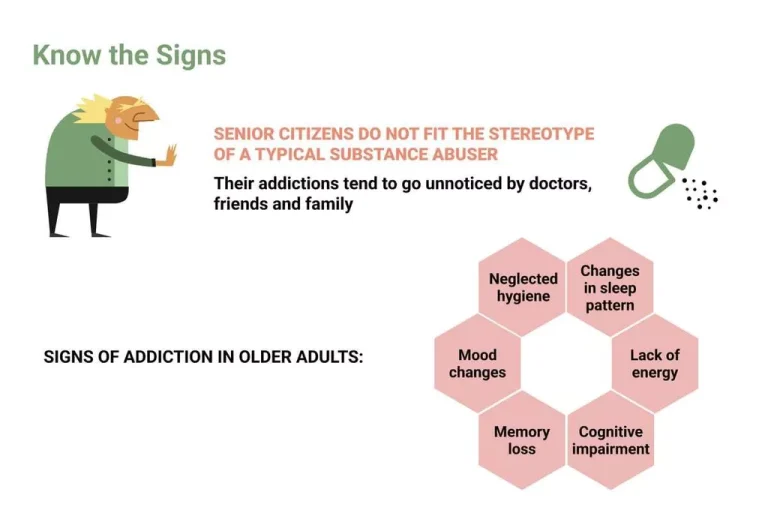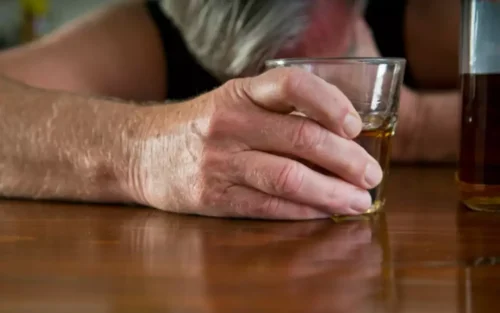Prolonged drinking puts you at risk for developing serious health complications and can cause other potentially life-threatening consequences. Call now to connect with a treatment provider and start your recovery journey. However, what may appear as a minor issue can turn dangerous over time. Seeking treatment sooner rather than later will allow you to get teenage alcoholism back to the things you enjoy most in life. Alcohol poisoning is the potentially fatal result of drinking excessive amounts of alcohol in a short period. It is caused by alcohol slowing down the body’s functions (for example, breathing, heart rate, and gag reflex), thereby potentially leading to choking, coma, stopped breathing, stopped heart, and death.
What Are the Four Stages of Drug Addiction?
About 6% of American adults (around 15 million people) have an alcohol abuse problem, yet just 7% of those receive treatment. There are many alcohol rehab and treatment centers in the country that can help if you or someone you care about is suffering from alcoholism. What’s portrayed in movies, on TV, online and in music can also help shape perceptions about alcohol and drug addiction.
The Role Parents Play
Once withdrawal and cravings set in, a teen dealing with addiction and dependence may not be able to stop using a substance, even if they want to. Understanding the signs, symptoms and side effects of alcohol addiction is a key component toward starting the recovery journey. The transition to a sober lifestyle can be wrought with anxiety, and having a mental health support team can make the process easier. All decisions regarding medications and therapy treatments should be discussed with a doctor or medical professional. The physical signs and symptoms of alcoholism can be visible depending on the amount and frequency of drinking. Alcohol addiction is a serious problem that can have devastating consequences.
Alcohol Abuse & Treatment Information On Other Groups
- For adolescents, alcohol problems most often arise as a result of anxiety, depression, or trauma.
- Alcohol addiction is a serious problem that can have devastating consequences.
Listen to relatives, friends or co-workers when they ask you to examine your drinking habits or to seek help. Consider talking with someone who has had a problem with drinking but has stopped. There may be other clues that your teen may be abusing alcohol that are not directly related to their physical/social/emotional well being. For example, be aware of your own personal supply of alcohol if you have any at home. Teens may not have the funds to get their own alcohol, so any missing alcohol or any missing money are signs to watch out for as well.
- Alcohol use disorder includes alcohol abuse, alcohol dependence, and alcohol addiction.
- Treatment providers guide you through every step of the recovery process and help you set achievable sobriety goals.
- A study showed that 60% of teens in a community-based substance use treatment program were also diagnosed with a mental health disorder.
- Regardless of the program you choose, treatment should always start with a physical, as well as mental health assessments and chemical use history, to determine the appropriate level of care.
- However, research has shown that underage drinking is a significant public health concern in many countries around the world and that many teens report drinking alcohol at least occasionally.
- Teens are constantly trying to figure out how they fit into their world.
In the United States, 29.5 million people ages 12 and older have an alcohol use disorder. Public health experts track the rates of substance use in people of all ages. Alcohol overdose, called “alcohol poisoning,” is a potentially deadly, very serious consequence of drinking large quantities of alcohol in a relatively short period of time. If you suspect that you or someone you love has alcohol poisoning – this is a medical emergency. If you or a loved one has become concerned about your drinking habits, it’s never too late to get some extra support.
This potentially-fatal condition should always be performed under the careful guidance of medical personal. Alcohol is the most frequently used drug by teens in the United States. Approximately half of junior high and high school students drink alcohol on a monthly basis; 14% report that they have been intoxicated at least once in the previous year. This means that in 2009 at least 10.4 million people between the ages of 12 and 20 drank more than a “few sips” of an alcoholic beverage.
If you notice any of these early warning signs, don’t be afraid to talk to someone about it. An EPA spokesperson, Jeff Landis, said the agency was reviewing the decision but offered no further comment. The judge’s ruling is another striking dissent to a practice that has been hailed as one of the greatest public health achievements of the last century. Fluoride strengthens teeth and reduces cavities by replacing minerals lost during normal wear and tear, according to the U.S.
- There are several screening tools that help with determining whether someone has alcoholism.
- Teens who are experiencing a problem with alcohol abuse will tend to exhibit many similar warning signs.
- The teenage brain is vulnerable to the harmful effects of nicotine, including anxiety and addiction.








